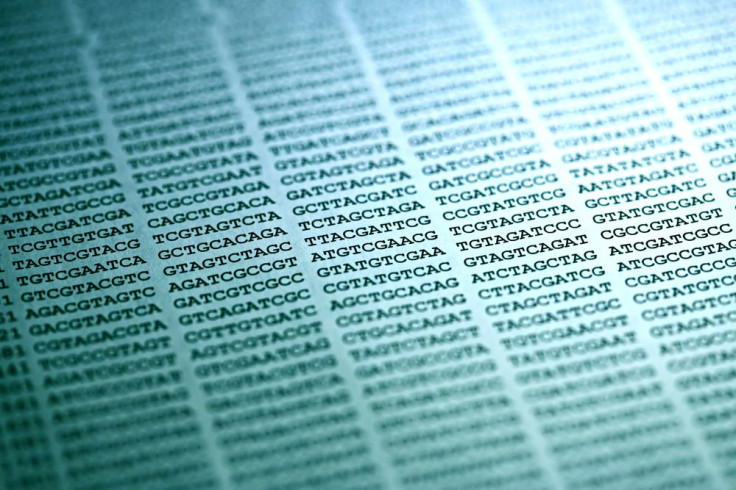Should Genetic Profiling Be A Staple Of Newborn Screening? Scientists Debate Ethics Of Whole-Genome Sequencing

Recent advances in genetic science have raised the possibility that whole genome-sequencing, or WGS, will soon become a staple of newborn screening programs — a development some say could revolutionize preventive care and personalized medicine.
WGS proceeds by “decoding” the DNA nucleotides, or bases, that make up a person’s genetic blueprint. From this information, researchers can infer a wide range of details about the patient’s overall health profile and assess genetic risk factors of disease.
But Bartha M. Knoppers, director of the Centre of Genomics and Policy at McGill University, adds that researchers and physicians must not lose sight of the legal, ethical, and social issues attending such comprehensive genetic profiling. "Any change in newborn screening programs should be guided by what's in the best interests of the child," she said in a press release. "We must also tread carefully in interpreting the scientific validity and clinical usefulness of WGS results."
In an article published in Science Translational Medicine, Knoppers and colleagues raise several quandaries they say should be addressed before WGS can become part of neonatal care. For example, those conducting the profiling would likely have to be selective in their disclosure, as the tests would wash up vast amounts of information about newborns. After all, reporting incidental findings on paternity information and reproductive risk may be in no one’s best interest.
Incorporating WGS into newborn screening practices would also burden health care information systems. Individual patient files would suddenly be underpinned by exhaustive genetic profiles that require large amounts of storage space. And with more information, the likelihood of false-positive results and misdiagnoses tends to go up.
Another concern is insurability. In health care systems were most costs are handled by private insurers, premiums could become influenced by a host of new genetic risk factors, which would in turn lead to more complex calculations and higher costs. Other issues highlighted in the article include communicating results; educating health care professionals and parents about what WGS actually reveals; ensuring treatment and follow-ups; as well as standardization of interpretation.
"Without clear policy direction and public discussion on the possible future integration (or not) of WGS into newborn screening, more parents in years ahead may choose to pay for whole-genome sequencing through private testing services," co-author Karine Sénéca told reporters. "Medical and public education programs need to be put in place so that people understand the limits of whole-genome sequencing."



























